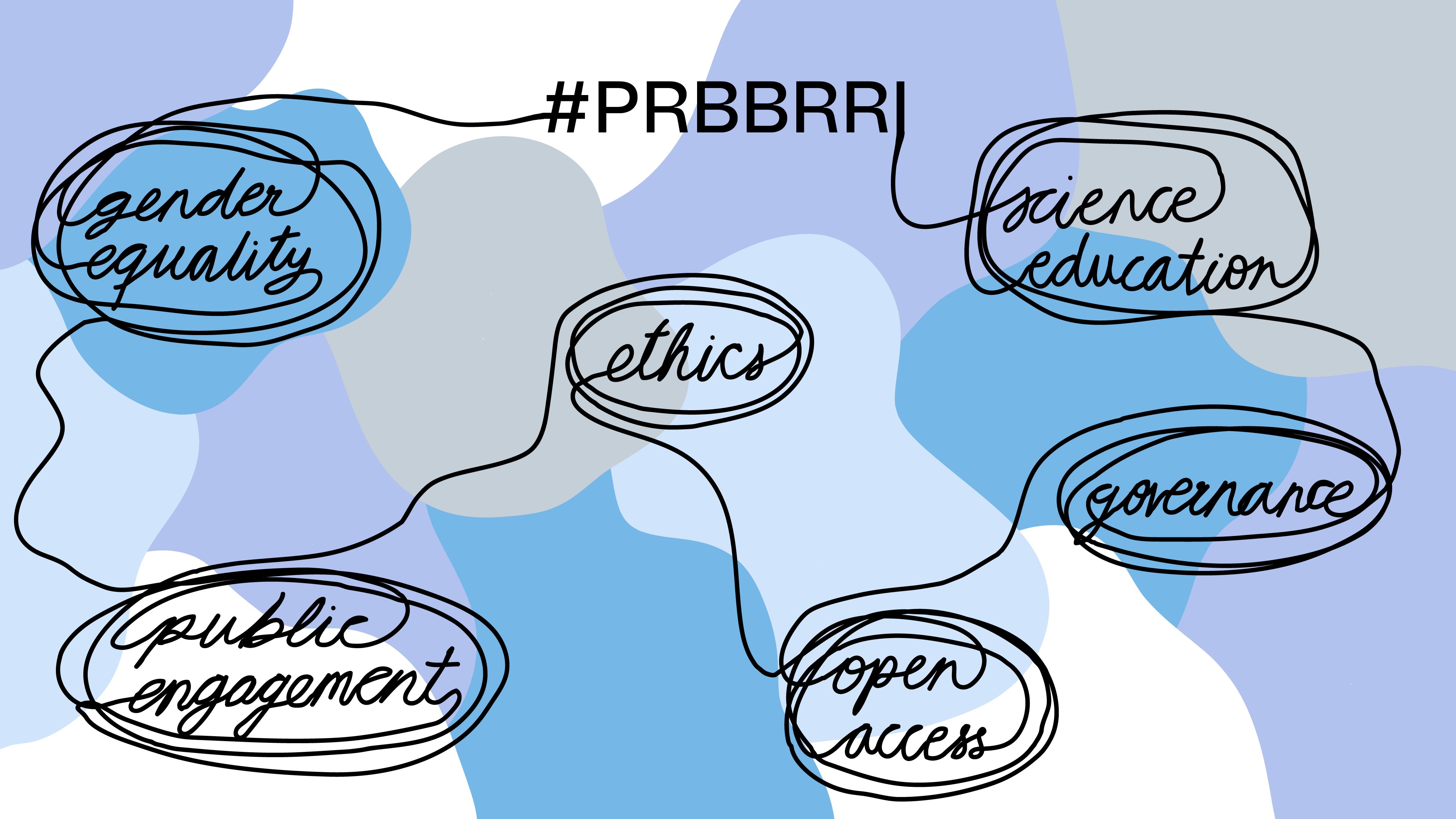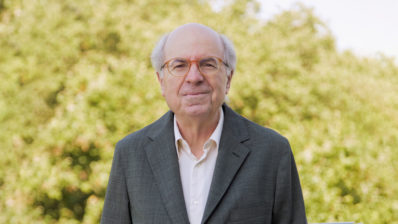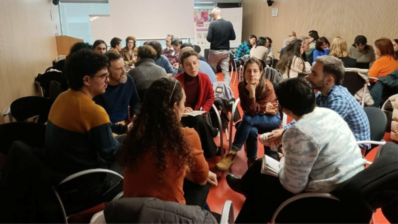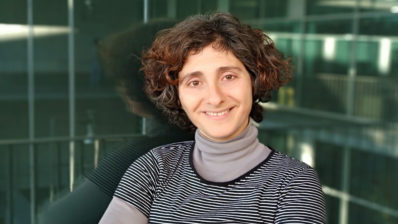“I would rather have questions that can’t be answered than answers that can’t be questioned”
(Richard Feynman)
Research is based on trust. Trust from within the scientific community that previous work has been done following best practices, in a robust, reproducible and honest way. And trust from the general public that the research has been done for the benefit of society and in a transparent way.
This trust is the foundation of scientific progress, and it is at the heart of and ethical and responsible research and innovation.
The Barcelona Biomedical Research Park (PRBB) was a pioneer, more than 20 years ago, in the creation of a Code of Good Scientific Practice for the six centers the park hosts. Accompanying this code, a compulsory course on good research practices to first year PhD students was established in 1998 – making it, to our knowledge, one of the longest-running courses on research integrity in Europe.
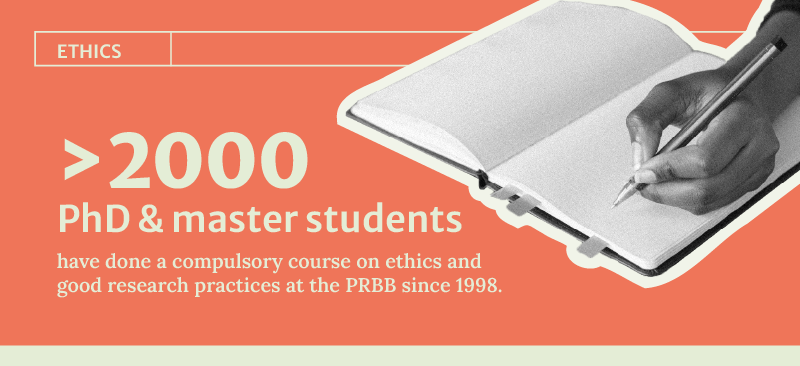
But responsible research goes beyond the behavior of individual scientists at the bench. It encompasses opening up science (not only the final results, but the whole process); it means a better scientific education and more engagement of society in research; it includes promoting gender equality and a more diverse perspective in research and innovation.
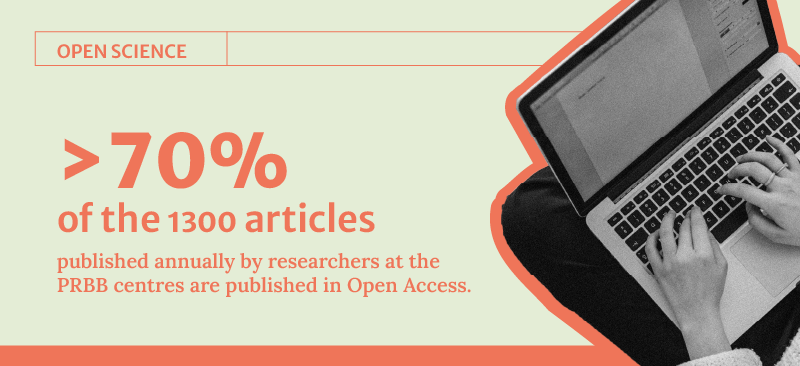
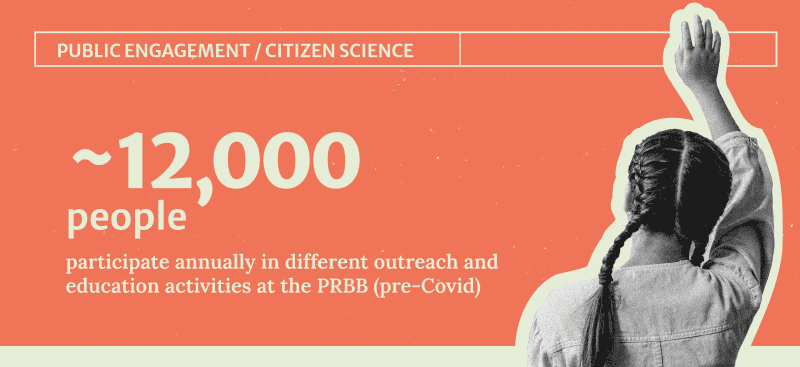
The PRBB is committed to fostering this kind of responsible and open research. Here you can check some examples of recent activities, citizen science projects and courses aimed at improving our researchers’ skills to ensure their excellent research has the best possible reach within society.
This editorial was published in the April special edition of the El·lipse newsletter, focused on responsible and open research. Don’t miss the coming numbers, the next one on sustainability: #JoinEllipse now!


